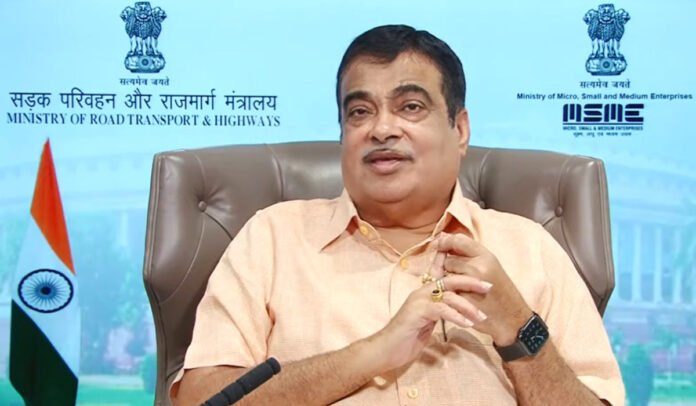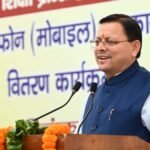Union Minister for Road Transport and Highways, Nitin Gadkari, has stressed the critical importance of a “futuristic vision” powered by technological innovation and research for India’s journey towards becoming a $5 trillion economy. Speaking at a conference on technology and sustainability, the Minister stated that converting knowledge into wealth will be the defining factor in the nation’s future growth. This is a crucial message in a country with a large young population and an urgent need for sustainable and inclusive development. Gadkari’s comments highlight the government’s shift in focus from traditional infrastructure development to a more holistic approach that integrates technology, sustainability, and economic growth.
Gadkari detailed his ministry’s ambitious plans to modernise India’s transport sector, including converting the country’s mass rapid transport system to a fully electric mode. He announced that the government has received proposals from across the globe for this initiative and has plans to introduce 360 ropeways and cable cars to improve connectivity in mountainous and difficult terrain. He also reiterated his long-standing commitment to reducing logistics costs, which he believes is key to making Indian goods more competitive on the global stage. He cited reports from top academic institutions, which suggest that the country’s logistics costs have already dropped significantly and are on track to fall to a single-digit percentage by the end of the year.
The Minister also emphasised the need for India to reduce its dependence on fossil fuel imports, which cost the country around ₹22 lakh crore annually. He highlighted his ministry’s push for the development of alternative fuels, such as biofuels, bio-CNG, and hydrogen fuel cells, as part of a broader strategy to promote sustainable and green transport. The Minister’s remarks paint a picture of a forward-looking government that is committed to using technology and innovation to address some of the country’s most pressing challenges, including economic growth, environmental protection, and energy security.

























